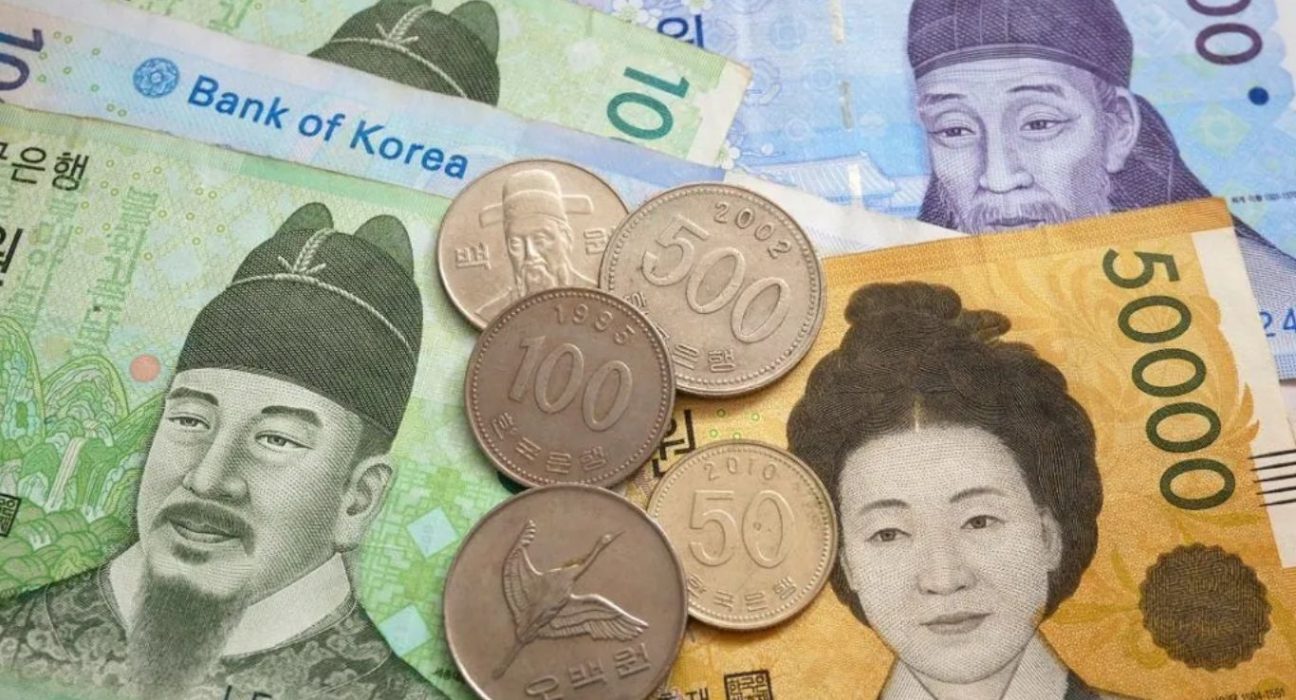Introduction
The global financial market is no stranger to volatility, and amidst this ever-changing landscape, the South Korean won has recently experienced a significant boost. In a surprising turn of events, the South Korean currency has risen by 0.3% in value. This article will delve into the reasons behind this surge and shed light on its potential consequences for both South Korea and the global economy.
Factors Behind the Rise
Various factors have contributed to the 0.3% rise of the South Korean won. One significant factor is the country’s strong export performance. South Korea is known for its thriving tech industry, with global demand for its electronic goods continuously on the rise. The steady growth of South Korean exports has bolstered the country’s economy, leading to an increase in the value of its currency.
Furthermore, the improving geopolitical situation on the Korean Peninsula has played a role in boosting investor confidence. Diplomatic efforts and positive developments in the relationship between North and South Korea have reduced tensions in the region. This newfound stability has attracted foreign investors, resulting in increased demand for the South Korean won.
Impact on the South Korean Economy
The rise in the value of the South Korean won carries both advantages and disadvantages for the country’s economy. On one hand, a stronger currency makes imports cheaper, benefiting businesses and consumers alike. South Korea heavily relies on imported raw materials and energy sources, so a stronger won eases the burden on the country’s import bill.
Conversely, the stronger currency poses challenges for South Korean exporters. A higher value of the won makes South Korean goods relatively more expensive for foreign buyers, potentially impacting the country’s export competitiveness. Export-oriented industries, such as electronics and automobiles, might face tougher competition in the global market, as other nations with weaker currencies gain an advantage.
Implications for the Global Economy
The rise of the South Korean won not only affects the country’s domestic economy but also has broader implications for the global financial landscape. South Korea is a major player in the global supply chain, and any significant fluctuations in its currency can send ripples across international markets.
A stronger South Korean won might impact other Asian currencies, as investors reassess their positions and reallocate funds. Additionally, the increased competitiveness of South Korean imports could influence trade balances with other countries, potentially leading to shifts in global trade patterns.
Moreover, the strengthening of the South Korean won signifies the resilience of the country’s economy in the face of ongoing global uncertainties. As one of the largest economies in Asia, South Korea’s performance serves as an indicator of regional economic stability and can influence investor sentiment in other emerging markets.
Future Outlook and Conclusion
As with any market fluctuation, predicting the future trajectory of the South Korean won is challenging. It will largely depend on various domestic and international factors, including economic policies, global demand for South Korean products, and geopolitical developments in the region.
However, economists and analysts remain cautiously optimistic about the South Korean won’s prospects. The country’s robust export sector, combined with improving relations with North Korea, bodes well for sustained economic growth. Nonetheless, policymakers will need to monitor currency movements closely and take appropriate measures to ensure a balanced and competitive economic environment.
Conclusion
The recent 0.3% rise in the value of the South Korean won has caught the attention of investors and economists alike. Driven by strong export performance and improving geopolitical relations, this surge carries both benefits and challenges for South Korea. Moreover, its impact extends to the global economy, influencing trade balances and investor sentiment. As the future unfolds, close monitoring of the currency’s movements and proactive policy measures will be crucial for maintaining stability and capitalizing on emerging opportunities.










